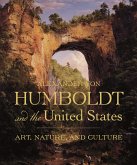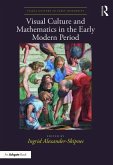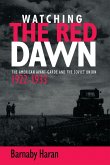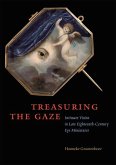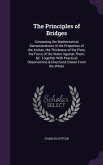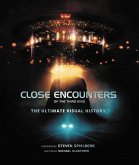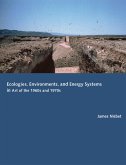Looking at the newspaper clipping from 1870 to 1930 in art and science, this study examines knowledge production and its visual and material background, combining the perspectives of media history with art history and the history of science. It traces pre- and early-modern practices of citation through to the development of modern newspapers, as well as the beginnings of the academic study of the modern press, and opens up the forgotten but once everyday commercial practices of the cutting. Te Heesen offers a counterpoint to existing works on the iconographic meaning of materials through the use of different case studies that reveal various practices of the clipping: a collection of cuttings about Albert Einstein; the collages of the German artist Kurt Schwitters; and the development of a modern archive of clippings. The final chapter is a fascinating summation of various aspects of sociological, philosophical, artistic and literary modernity reconsidered through the lens of the historical constellation she assembles around the object of her study. The book puts emphasis upon the materiality of paper and analyses the practices connected with paper, placing them, along with their instruments and tools, within a theoretical framework. This history also sheds light on the handling of information, information overload and the generation of knowledge, drawing parallels with the Internet. Through the prism of the newspaper clipping and a remarkable historical reconstruction of its conditions of production and consumption, this accessible study makes a set of powerful arguments about art, literature and labour.
Hinweis: Dieser Artikel kann nur an eine deutsche Lieferadresse ausgeliefert werden.
Hinweis: Dieser Artikel kann nur an eine deutsche Lieferadresse ausgeliefert werden.


